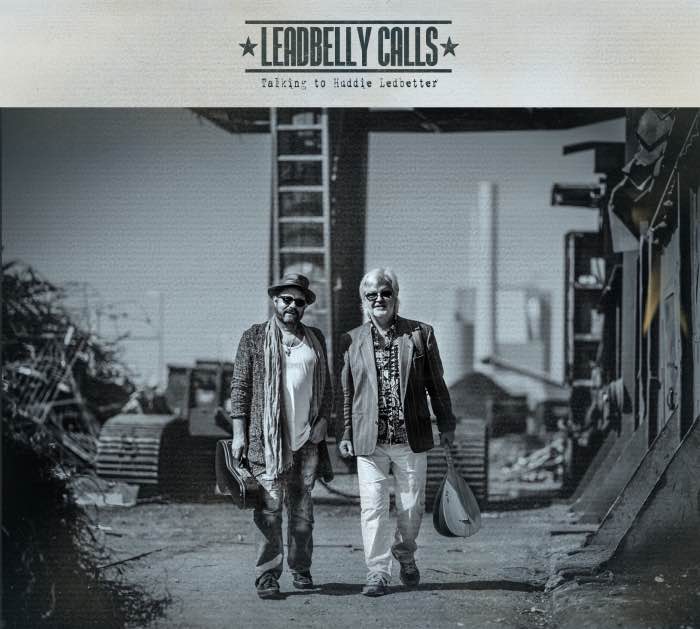Talking to Huddie Ledbetter
As renowned artists, Gross and Dörsam naturally approached these epochal songs with respect. Innovative yet retro, they created their own raw soundscapes on the shoulders of this blues giant, paying tribute to Leadbelly and transforming his powerful legacy into the 21st century. Timo Gross with his smoky voice and earthy guitar style perfectly complements the fancy guitar sounds of Adax Dörsam.
18,00 €
Ähnliche Produkte
-
Fallen from Grace
18,00 €inkl. MwSt.
In den Warenkorb -
Travellin´
18,00 €inkl. MwSt.
In den Warenkorb
Beschreibung
It was on a smoky and drunken night in the city’s darkest dive that the two protagonists discovered their shared love for one of the world’s most underrated artists: Huddie Ledbetter, better known as Leadbelly! Many of his songs became world hits in later decades in cover versions.
So plans were made, instruments carefully chosen and strings changed. Old, forgotten songs were shared and celebrated. They mourned lost souls and put themselves in the spirit of the giant Leadbelly.
As renowned artists, Gross and Dörsam naturally approached these epochal songs with respect. Innovative yet retro, they created their own raw soundscapes on the shoulders of this blues giant, paying tribute to Leadbelly and transforming his powerful legacy into the 21st century. Timo Gross, with his smoky voice and earthy guitar style, perfectly complements Adax Dörsam’s offbeat guitar sounds. Old martins, dobros, saz, charango and the sitarguitar have been dusted off to put their very own stamp on the Leadbelly songs. Leadbelly Calls unabashedly mixes ethnic, electro and blues sounds, playing with expectations and nuances to surprise listeners. Talking To Huddie Ledbetter’s broad spectrum begins with raw and ostinato blues grooves. Two dobros and voices are enough on Take This Hammer , to evoke the desperate struggle for human dignity of black railroad workers. A highlight is the interpretation of the classic Black Betty . An extremely danceable, hypnotic groove contrasts the classic Turkish saz, relieved by the coral sitar guitar.
And although Leadbelly has been dead for 70 years, he is more current than ever: his lyrics reflect the reality of life for the black population in the 1920s. They document state discrimination and repression and the consequences for the lives of black people in the USA. Through the Black Lives Matter movement, the reminiscence of the two string wizards to a great of the scene gets a very current meaning and one realizes that the situation has hardly changed since then.
A somber, morbid mood prevails in his songs despite the pleasing melodies. The lyrics are often miniatures about personal fates of people who have fallen under the wheels and long for freedom. It’s about murder and manslaughter – often caused by institutional racism.



